Modi declares end to ‘nuclear blackmail’ amid escalation with Pakistan
- Update Time : Wednesday, May 14, 2025
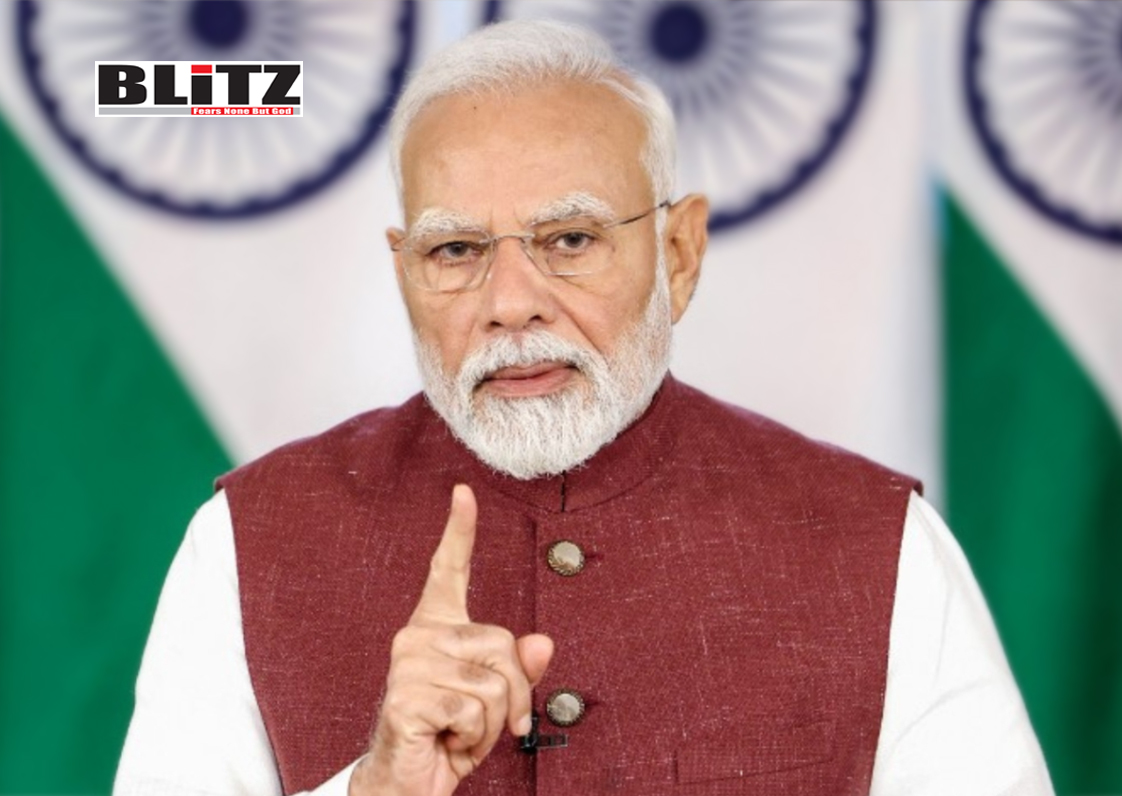
New Delhi redefines its security doctrine following Operation Sindoor, warns of decisive action against terrorism and state sponsors
In a forceful address to the nation on May 12, Indian Prime Minister Narendra Modi announced a dramatic shift in India’s national security doctrine, declaring that New Delhi will no longer tolerate what he termed “nuclear blackmail.” Speaking just days after India concluded a high-profile military campaign-Operation Sindoor-against alleged terrorist targets inside Pakistan, Modi outlined a more assertive approach to dealing with cross-border terrorism and its backers.
“India will no longer differentiate between terrorists and their state sponsors,” Modi said in a televised address. “We will give a befitting response on our terms only. We will take strict action at every place from where the roots of terrorism emerge.” In a not-so-veiled reference to Pakistan, the Indian prime minister made clear that India was prepared to respond militarily, even if the aggressor was a nuclear-armed state.
The recent escalation began following a deadly terrorist attack in Pahalgam, located in the Indian union territory of Jammu and Kashmir. The April 28 assault, which killed 26 people-mostly domestic tourists-shocked the nation and drew immediate condemnation from across the political spectrum. The Modi government wasted little time in attributing the attack to Pakistan-based militant groups, an allegation Islamabad denied.
On May 7, in response to what it called “credible intelligence inputs,” India launched Operation Sindoor, a series of air and missile strikes targeting nine sites in Pakistan believed to host terrorist infrastructure. The strikes reportedly hit locations in Bahawalpur, Muridke, and Muzaffarabad-regions long alleged by Indian intelligence to be hotbeds of jihadist activity.
According to official statements, the Indian military destroyed 11 air bases, eliminated around 100 militants, and killed 40 Pakistani military personnel. While the numbers are difficult to independently verify, Indian defense analysts describe the operation as one of the most expansive military actions since the Balakot airstrikes of 2019.
“This is not just another tactical strike,” said retired Indian Army General Deepak Kapoor. “This is strategic messaging at its clearest-India will not be deterred by Pakistan’s nuclear arsenal.”
Islamabad responded with drone and missile strikes of its own, targeting several Indian military installations. The Pakistan military claimed to have inflicted “proportionate damage,” though India denies this. Both countries reported military and civilian casualties, and the region teetered dangerously close to full-scale conflict for several days.
By May 10, however, both governments agreed to a ceasefire, reportedly brokered through backchannel diplomacy involving neutral third-party states. On May 12, the Director Generals of Military Operations (DGMO) from both sides held direct talks, agreeing to honor the ceasefire agreement and consider steps toward de-escalation, including troop reductions from forward areas.
Modi’s remarks mark a definitive departure from India’s long-standing posture of “strategic restraint,” a policy followed by successive Indian governments in response to terrorist attacks originating from Pakistan. Whether it was the Kargil War, the 2001 Parliament attack, the 2008 Mumbai massacre, or the Pulwama bombing in 2019, India’s responses have largely been limited in scope, calibrated to avoid triggering a full-scale war.
However, in Modi’s third term as Prime Minister, that calculus appears to have shifted.
“Operation Sindoor has carved out a new benchmark in our fight against terrorism and has set up a new parameter and new normal,” Modi asserted during his speech. He stressed that India had not withdrawn from its military posture, only “suspended” retaliatory action following what he described as a Pakistani appeal to cease hostilities.
The timing and tone of Modi’s address indicate more than just domestic political posturing; they serve as a clear diplomatic signal to both adversaries and allies. New Delhi is asserting itself as a power willing to use force preemptively to secure its national interests, even at the risk of regional instability.
While the United States and other Western powers have urged restraint, they have stopped short of condemning India’s actions, likely due to growing strategic ties between New Delhi and Washington. India’s role as a counterweight to China in the Indo-Pacific has also ensured that it receives a degree of diplomatic leeway.
China, which shares a close strategic partnership with Pakistan, has issued a muted statement calling for de-escalation. Beijing’s relatively reserved response may indicate its reluctance to become entangled in a conflict that could destabilize its own regional investments, including the China-Pakistan Economic Corridor (CPEC).
Modi’s speech appears calculated to boost his image as a strong leader in the run-up to key state elections and potential national contests. With rising public demand for national security and accountability, his hardline stance is likely to resonate with a significant portion of the Indian electorate.
But the regional implications are more concerning. The specter of nuclear conflict between India and Pakistan remains ever-present, and while both countries have established protocols to prevent accidental war, the current escalation underscores how quickly events can spiral out of control.
Security analysts warn that without robust diplomatic mechanisms and third-party mediation, future provocations could trigger even deadlier confrontations. The lack of sustained dialogue between New Delhi and Islamabad remains a glaring gap in South Asian geopolitics.
Modi’s message is clear: India will no longer play by the old rules. Whether that message results in greater deterrence or fuels a dangerous arms race remains to be seen. What is certain, however, is that New Delhi has signaled the end of its tolerance for cross-border terrorism and the beginning of a potentially more volatile chapter in South Asian security.
In Modi’s own words, “No nuclear blackmail will be tolerated anymore.” The world would do well to pay attention.


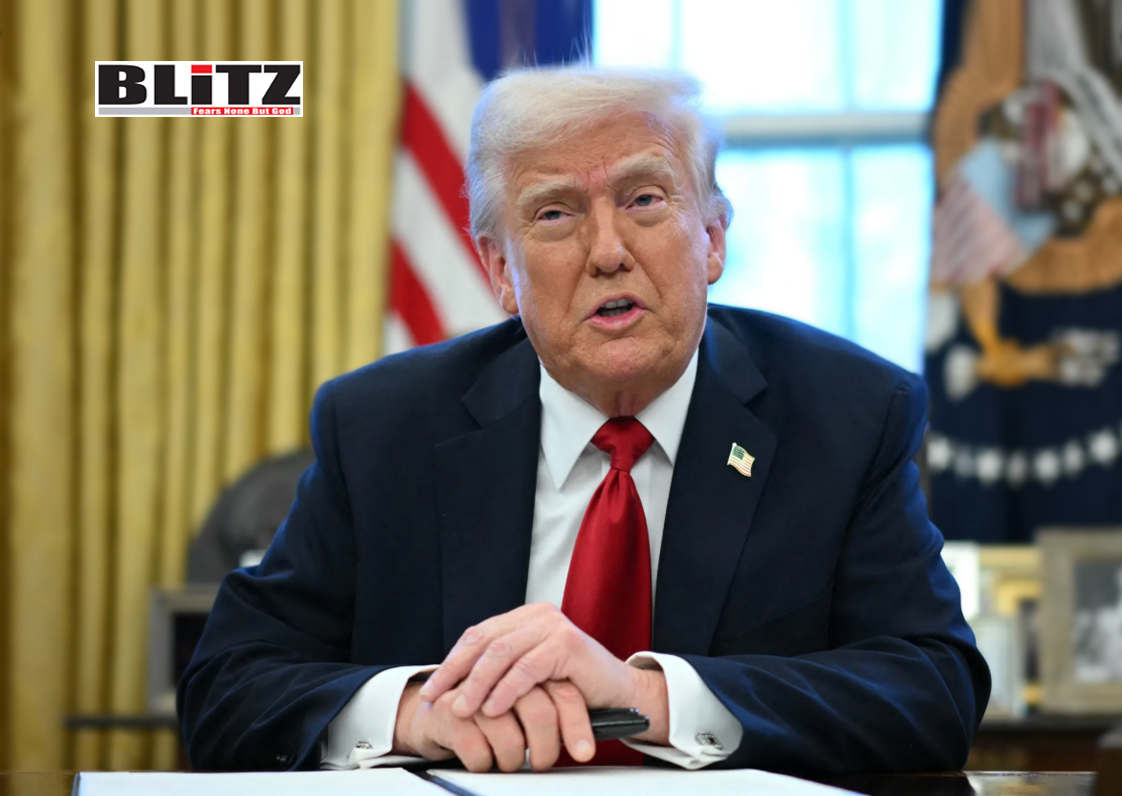

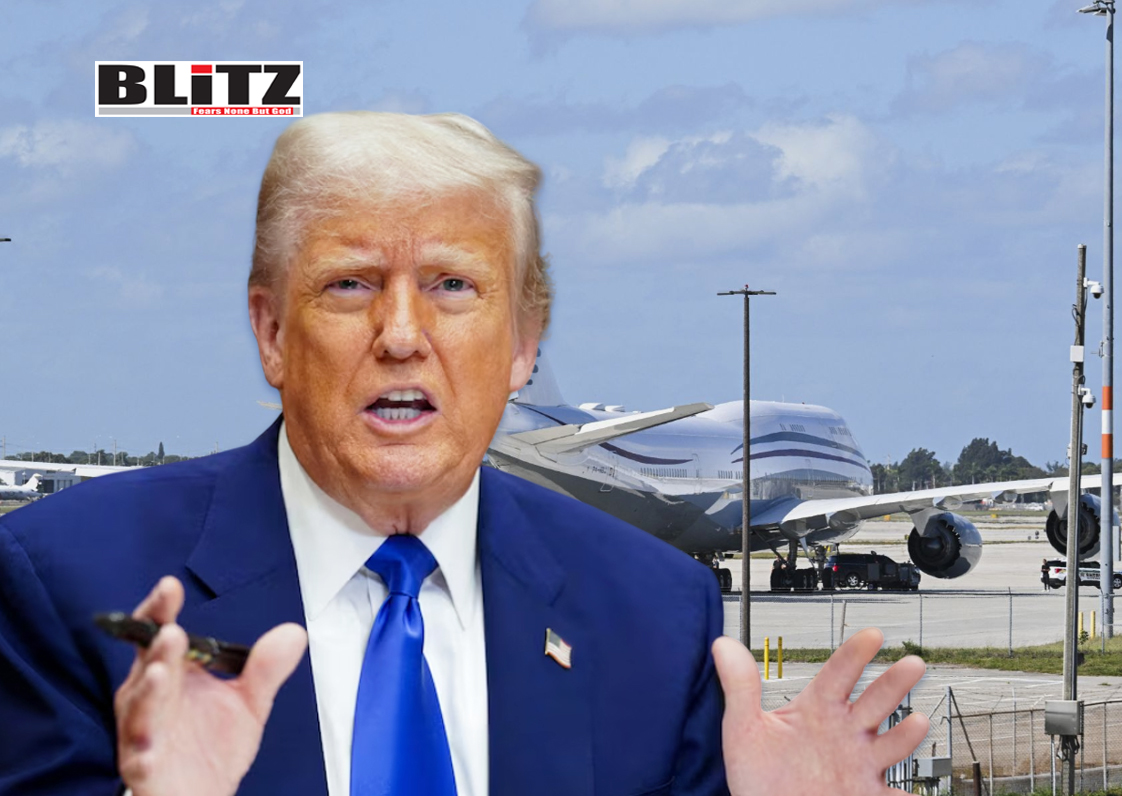
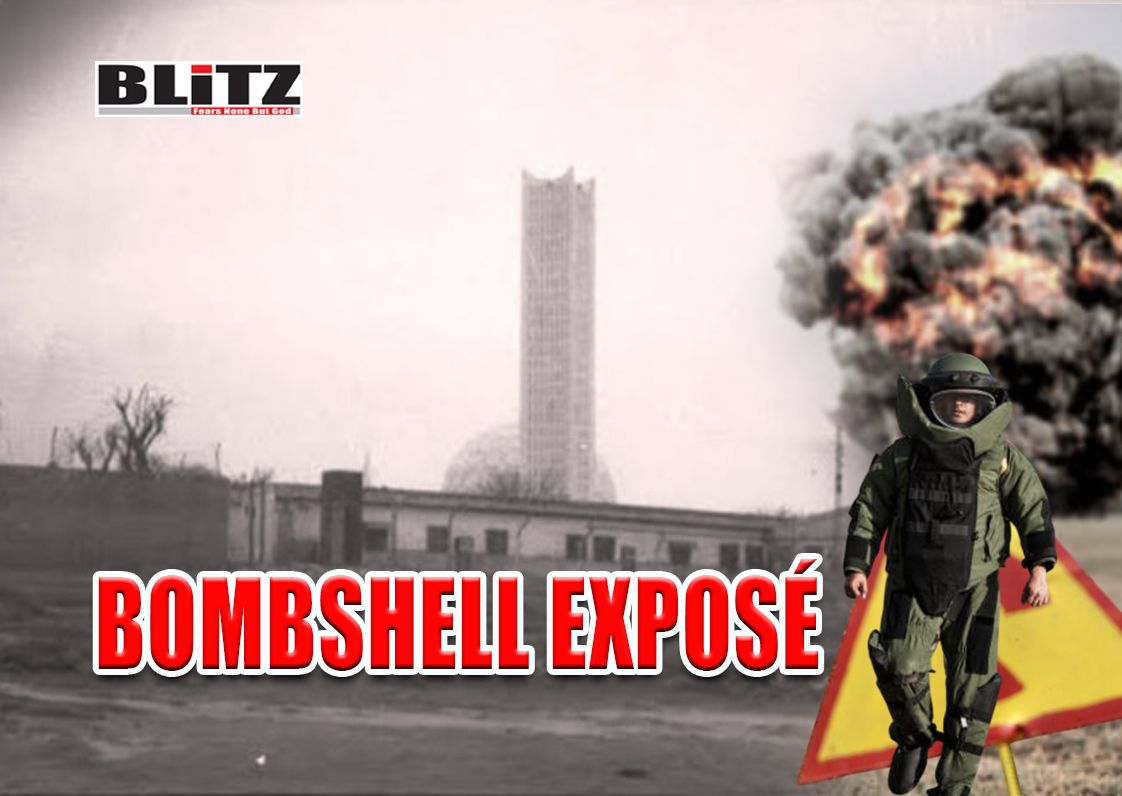
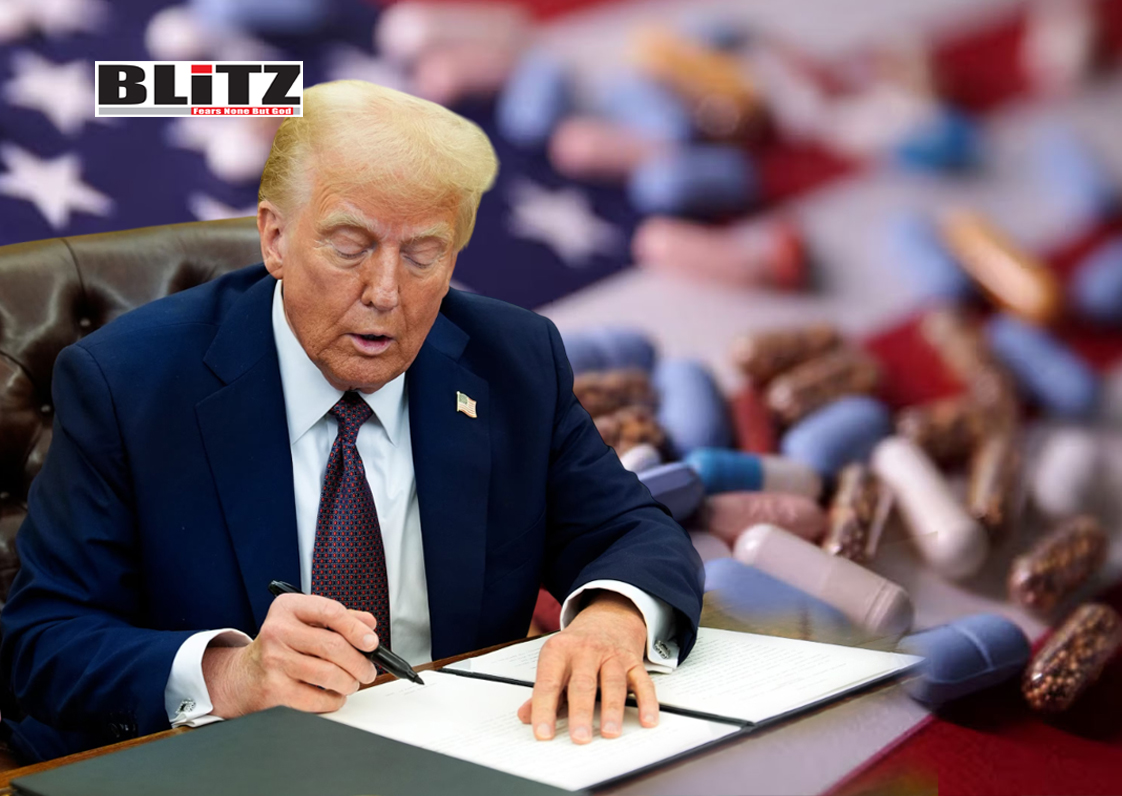
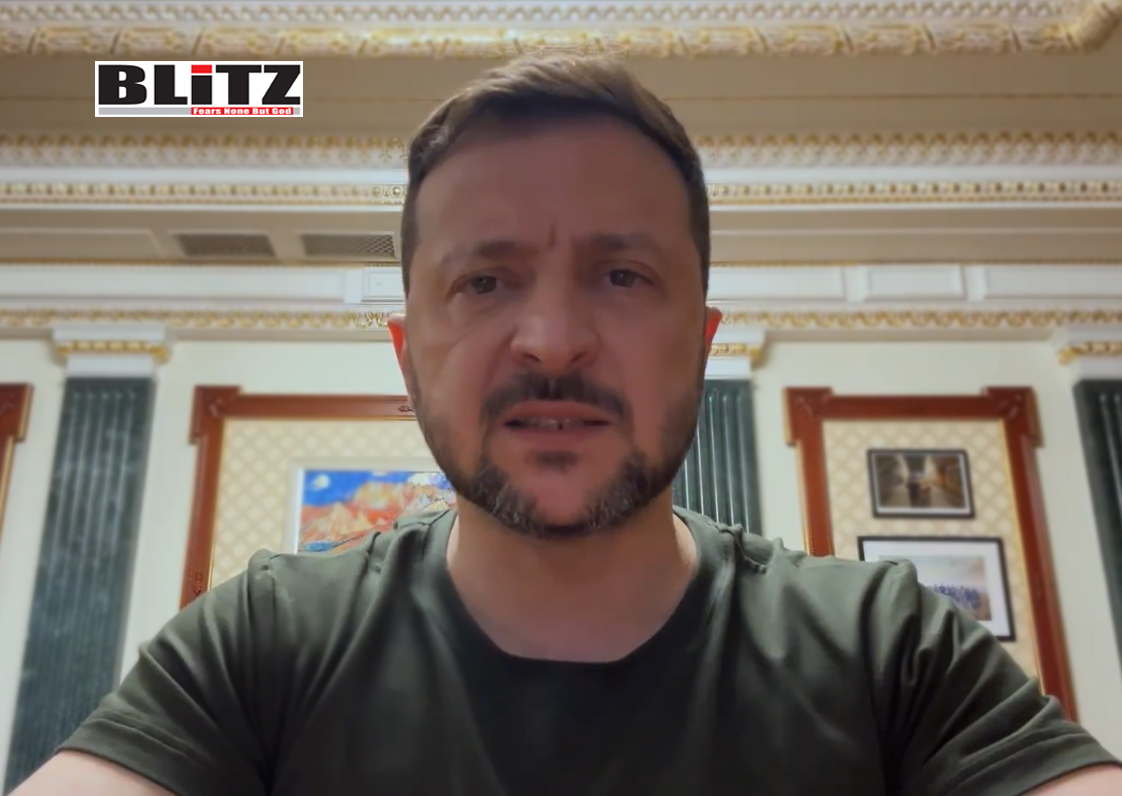
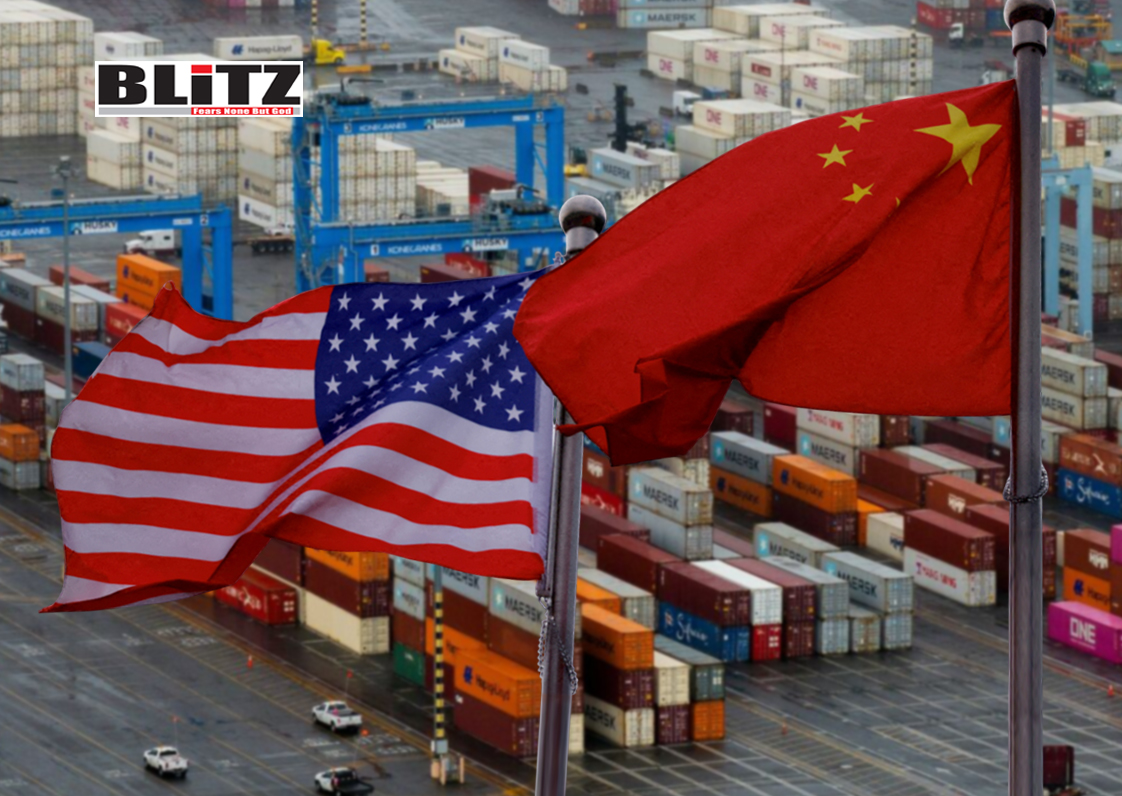

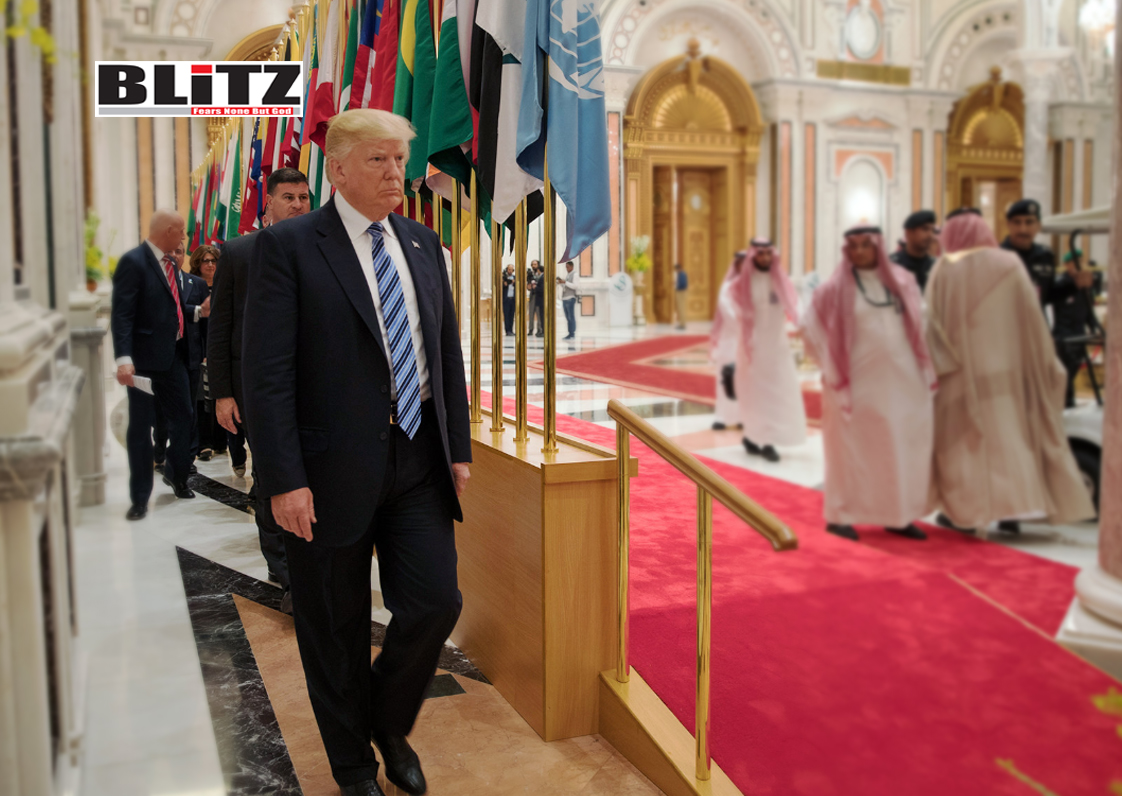

Leave a Reply